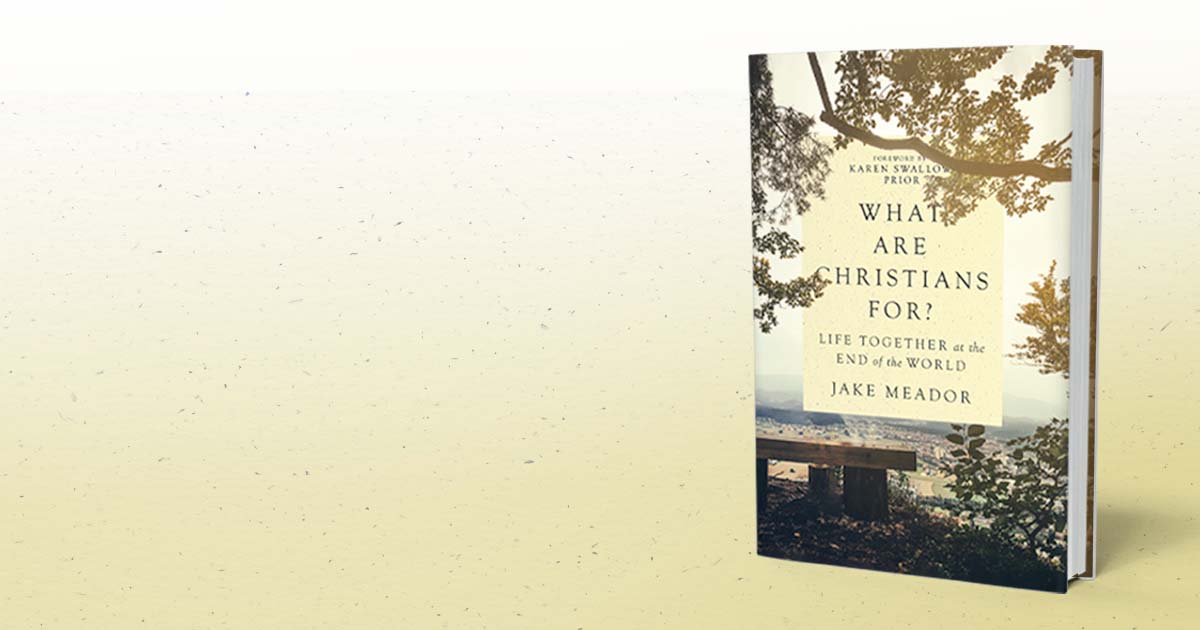We are in a new era of preparation. The deconstructors have come and, mercifully, will soon be gone. The world we have known is at an end. This is true for the church, I think, as many of the defining movements of the 20th century western church are either dead or dying. It also seems likely to be true of our political regime. The sequence of events beginning in 2008 with the recession and leading up to COVID may mark the end of one world. The likely invasion of Ukraine by Russia may, indeed, cause us to enter a second 1930s-style decade, as the pieces for war and revolution slowly and perhaps irrevocably move into place.
Login to read more
Sign in or create a free account to access Subscriber-only content.
Topics:
